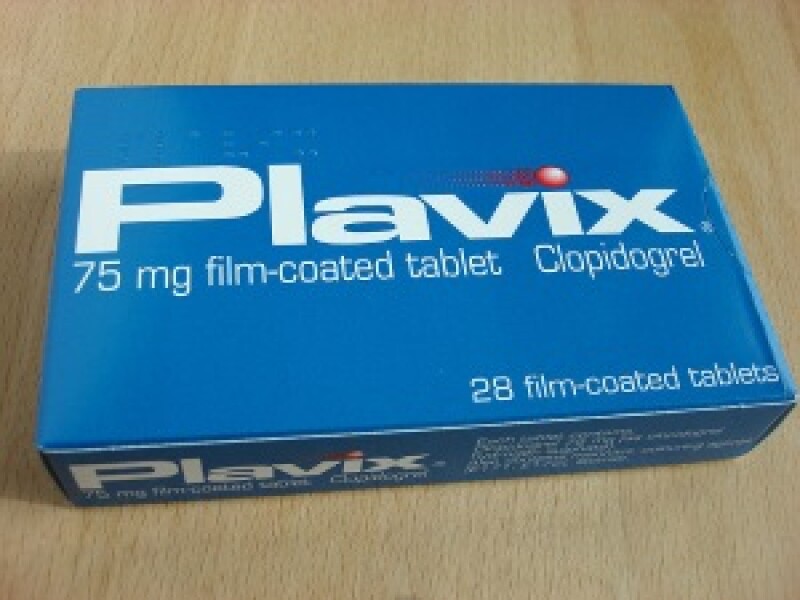
On November 3, Apotex discontinued its appeal to the Supreme Court of Canada regarding the validity of Sanofi-Aventis' patent claiming clopidogrel bisulfate, which is marketed as Plavix. As a result, the Supreme Court hearing scheduled for November 4 has been cancelled.
Plavix is used to prevent blood clots after a heart attack or stroke.
Observers were hoping the case would provide some certainty around the scope of the utility requirement. In an amicus brief in the case, AIPPI noted that following the Supreme Court of Canada’s decisions in AZT in 2002 and Viagra in 2012 “there has been uncertainty with respect to the precise scope of the utility requirement under Canadian law and in particular the extent to which the utility of a patented invention should be disclosed or supported in the patent specification.”
In AZT, the Court stated that utility must either be demonstrated or be a sound prediction based on information and expertise available at the filing date. In Viagra, the Court declined to decide the scope of any disclosure requirement associated with “sound prediction”. The brief stated that this “remains an open question in the jurisprudence of this Court, and an area of significant uncertainty in Canadian law”.
Other organisations that filed briefs in the case include BIOTECanada, Canada’s Research-Based Pharmaceutical Companies, the Centre for Intellectual Property Policy, the Canadian Generic Pharmaceutical Association and FICPI.









